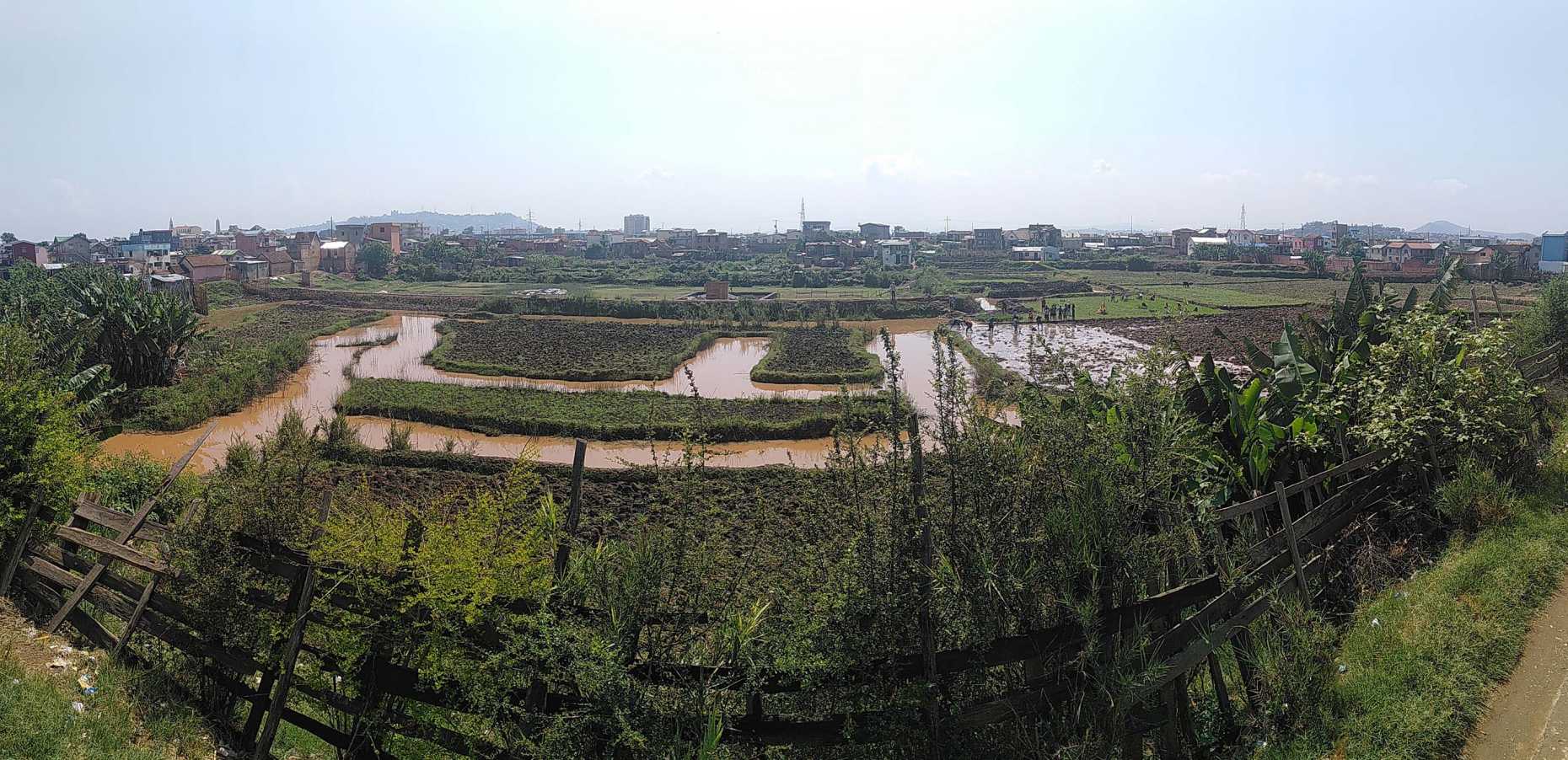Research Overture 7: Resilient Blue-Green Infrastructures
16 Feb | Researchers from FCL Global present a new approach to design and plan functioning blue and green infrastructures

Resilient Blue-Green Infrastructures
Much of the world's urbanisation is occurring in the cities’ hinterlands. Infrastructure development is, however, not keeping up with the rapid and mostly unplanned changes, leading to an increasing number of urban dwellers living in under-serviced areas, ultimately pointing towards to a global infrastructure crisis. Many communities compensate by relying on local waterways and green areas to meet basic needs for food and water, sanitation, and recreational space. While blue and green infrastructures are increasingly being recognised as necessary strategies to relieve infrastructures, they are not sufficiently being counted as an asset worth building and maintaining in the fabric of fast-changing cities and their hinterlands.
In this talk, we will present a new approach to design and plan functioning blue and green infrastructures, which not only improve urban water efficiency and reduce flooding, but also support local food production, mitigate heat island effects, improve water pollution control, recreation, biodiversity, and ultimately provide livelihoods and a higher life quality for citizens. We show how 3D point cloud based physical models can be used as a common language for architects, engineers, and scientists, to foster such an urban transformation towards sustainability.
Presenters
- Prof. Dr Adrienne Grêt-Regamey
Principal Investigator & Professor, Chair of Planning Landscape and Urban Systems at the Institute for Spatial and Landscape Development, ETH Zürich
- external page Assoc. Prof. Dr Michiel van Breugel
Co-Investigator & Associate Professor, Environmental Studies, Yale-NUS College
- Dr Nicholas Salliou
Module coordinator, Resilient Blue-Green Infrastructures, FCL Global
FCL Global Research Overture
This series of seminars focuses on new research topics being developed at Future Cities Lab (FCL). Each seminar is an opportunity for the team leading the research to articulate their aims and aspirations, as well as the challenges they expect to face. It is also an occasion for participants to help shape the research through dialogue.